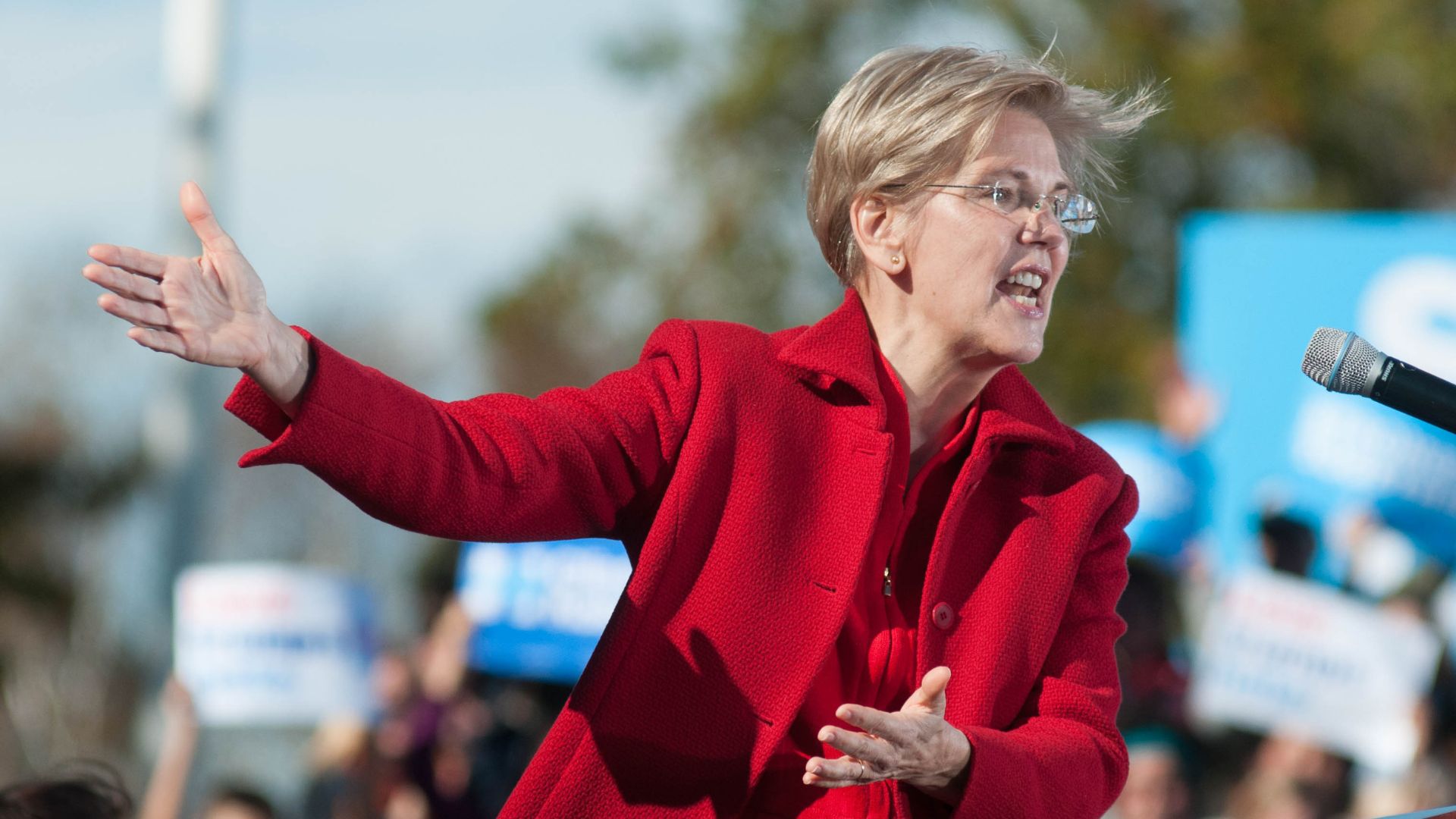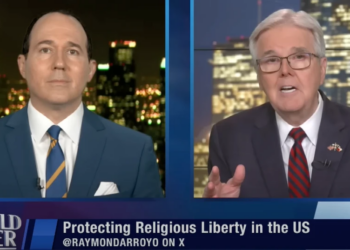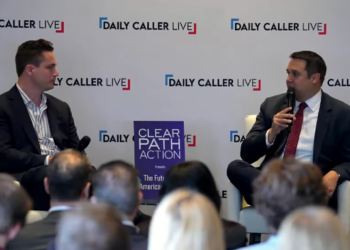
Senator Elizabeth Warren of Massachusetts is facing renewed scrutiny after continuing to express alarm over the state of the U.S. economy under President Donald Trump, despite ongoing positive indicators across several economic metrics.
During a recent broadcast of CNBC’s Squawk Box, anchors Rick Santelli and Joe Kernen criticized Warren’s economic assessments, arguing that her claims stand in contrast to current market performance and recent gross domestic product (GDP) figures.
Kernen highlighted that the U.S. economy recorded a strong second-quarter GDP reading, while the stock market continues to reach new highs.
Trump’s Sovereign Wealth Fund: What Could It Mean For Your Money?
He suggested that some political figures, particularly from the Democratic Party, are unwilling to acknowledge favorable economic news due to partisanship.
“Senator Elizabeth Warren will come on and say ‘Inflation is out of control, and the economy is getting killed by what’s happening by these tariffs,’” Kernen said on-air.
Kernen countered that narrative by pointing to inflation rates that remain below 3 percent and continued strength in the stock market.
He framed Warren’s statements as inconsistent with the data being reported by financial institutions and market analysts.
This Could Be the Most Important Video Gun Owners Watch All Year
Santelli echoed the sentiment and offered a critique of relying on elected officials for economic analysis.
“There’s an important lesson in that,” Santelli said.
“Don’t pick a Congress member to be your money manager.”
🚨 LMAO! CNBC is currently MOCKING the CRAP out of Democrats and Elizabeth Warren after the latest inflation and strong GDP report.
“The left, the people who don’t like the president, don’t want things to work. Senator Elizabeth Warren will come on and say, ‘Inflation is OUT OF… pic.twitter.com/hz79jZZ9m7
— Eric Daugherty (@EricLDaugh) July 30, 2025
Warren’s criticisms began immediately after the 2024 election and have continued into the current fiscal quarter.
She has repeatedly cited concerns over inflation, trade policy, and potential long-term risks to the labor market.
However, data from the U.S. Bureau of Economic Analysis and multiple private sector reports continue to reflect strong consumer spending, stable inflation levels, and ongoing job growth.
According to the Department of Commerce, the second-quarter GDP rose by approximately 3 percent, exceeding most economists’ expectations.
Market indexes such as the S&P 500 and Nasdaq have also posted consistent gains, with investor confidence buoyed by strong corporate earnings and energy exports.
In public statements, Warren has insisted that tariff policy and supply chain disruptions pose long-term risks.
However, administration officials have noted that tariffs on imports have generated increased revenue, while domestic production in sectors like manufacturing and energy has grown.
As of late July, inflation remained below the Federal Reserve’s 3 percent threshold, and core inflation continued to ease.
The Bureau of Labor Statistics reported continued job growth, particularly in the private sector, while federal workforce reductions have contributed to an overall decrease in government spending.
Warren’s economic concerns remain a focal point among Democratic policymakers, but financial analysts and market commentators increasingly point to a disconnect between political rhetoric and economic performance.
The Squawk Box segment marks one of several recent instances in which financial media has publicly pushed back against claims of economic instability.

![CNBC Hilariously Shuts Down Elizabeth Warren’s Panic While Trump’s Economy Soars [WATCH]](https://www.right2024.com/wp-content/uploads/2025/08/CNBC-Hilariously-Shuts-Down-Elizabeth-Warrens-Panic-While-Trumps-Economy-750x375.jpg)
![Former Bravo Star Charged After Violent Assault Using a Rock-Filled Sock in Tennessee Walmart [WATCH]](https://www.right2024.com/wp-content/uploads/2025/07/Former-Bravo-Star-Charged-After-Violent-Assault-Using-a-Rock-Filled-350x250.jpg)




![Karoline Leavitt Levels CNN's Kaitlan Collins and Other Legacy Media Reporters [WATCH]](https://www.right2024.com/wp-content/uploads/2025/07/Karoline-Leavitt-Levels-CNNs-Kaitlan-Collins-and-Other-Legacy-Media-350x250.jpg)
![Man Arrested After Screaming at Senators During Big Beautiful Bill Debate [WATCH]](https://www.right2024.com/wp-content/uploads/2025/06/Man-Arrested-After-Screaming-at-Senators-During-Big-Beautiful-Bill-350x250.jpg)

![Illegal Alien Walked Free After Decapitating Woman, Abusing Corpse for Weeks [WATCH]](https://www.right2024.com/wp-content/uploads/2025/07/1753013138_Illegal-Alien-Walked-Free-After-Decapitating-Woman-Abusing-Corpse-for-350x250.jpg)






